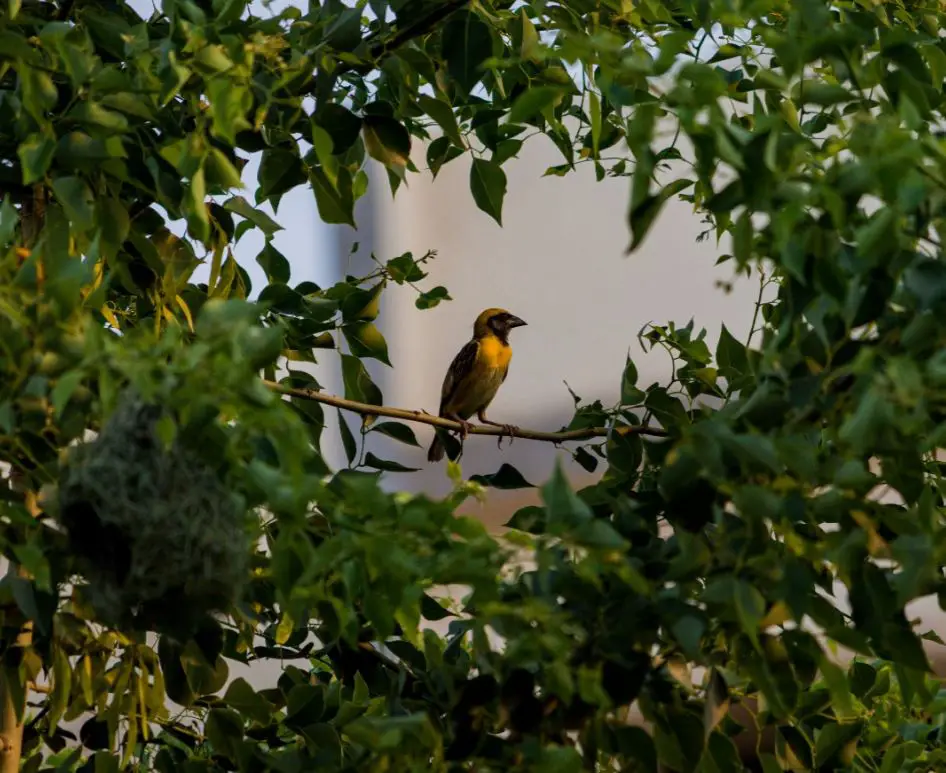 live in a society in which rather than counting up achievements; we count down the number of things that are slowly but surely going extinct, and the only people to blame are ourselves, as it is the way we live that causes these countdowns, as well as that big countdown till the end of humanity. We keep on saying there is still time to make a change, but until when?
live in a society in which rather than counting up achievements; we count down the number of things that are slowly but surely going extinct, and the only people to blame are ourselves, as it is the way we live that causes these countdowns, as well as that big countdown till the end of humanity. We keep on saying there is still time to make a change, but until when?
Birds have been seen as amazing creatures to the human eye since the prehistoric ages. Seeing an animal with the ability to fly is the most divine thing, knowing the freedom they possess and the ability to see this burning world from a different perspective. The question here is how many are there left and how do we track this number?
Almost 9,700 species left
A recent study done by experts from New South Wales University in Australia confirmed the number of species of birds left in our world as well as approximately how many birds are left on earth. Based on their study, it is estimated that there are 6 times more birds than humans on Earth, meaning that there are around 50 billion birds in our world. Most of the population is made by common species such as chickens, crows, pigeons, and seagulls (predominantly pigeons).
Four of the rarest species from the 9,700 are considered part of the “billion club” because of the small population of only 1 billion. These four species are house sparrow, European sparrow, ring-billed gull, and the barn swallow.
The experts got this number through the observation of hundreds of millions of birds made by normal people and bird enthusiasts. All the observations had been uploaded on a platform called eBird where anyone can upload photos and descriptions of birds and the location of observation. This is one of the biggest biodiversity projects in the world and the biggest step that has been taken so far in combating the rapid extinction of various bird species around the world.

It is not all about the innovative thinking behind the project, but the effort we have to put in to make sure that we keep such bird species safe and as far away from the possibility of extinction as possible. There are many reasons we need as many birds as possible, this is because they help sustain our ecosystem and keep things in balance.
Animals going extinct faster than ever before
What is even more shocking is that since the start of the 16th century we have lost 182 bird species and 19 of these species have gone extinct in the last quarter of the 20th century. The biggest factor that played into the extinction of these species was our exploitation of very species rural environments in which birds can survive.
Many species are quite pretentious when it comes to the habitat they can survive, so altering their natural habitat can have a major impact. The exact same thing happened to the Dodo bird which is part of the 182 species mentioned above.
The graph above which is taken from a database from 2016 justified that over time, the speed at which birds went extinct raised drastically in the last two centuries compared to the records that started in the 1500s. Many of the rare species that have sustained a healthy number within their own population have done so because they are secluded from humanity in very remote parts of the world.
William K. Cornwell, who is a co-author of the paper mentioned above, also stated that their study took the more optimistic perspective in mind and that in reality, the numbers could actually be a lot lower. The huge approximated number of 50 billion birds is nearly impossible to follow and this is because of the rare bird species.
The problem with these rarer bird species is that they are usually found in remote places and researchers do not frequently observe them. Whilst normal people or enthusiasts can help to keep the database up to date, it will take a lot more to make a difference and the first step should stay away from the secluded ecosystems of rarer birds whilst focusing on creating habitats where more common species can easily reproduce.
Avid Writer with invaluable knowledge of Humanity!
Upcoming historian with over 30 million views online.
“You make your own life.”





